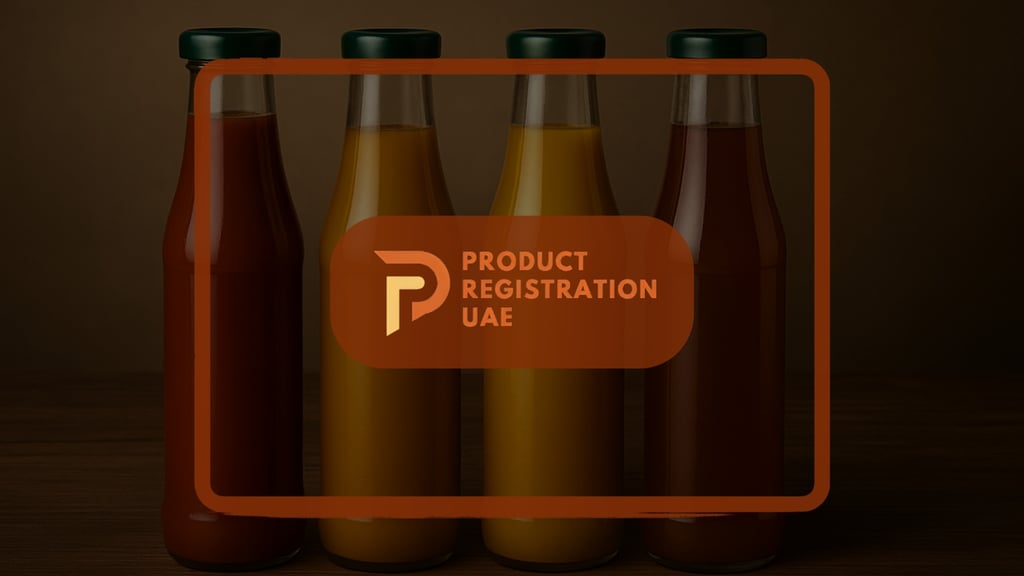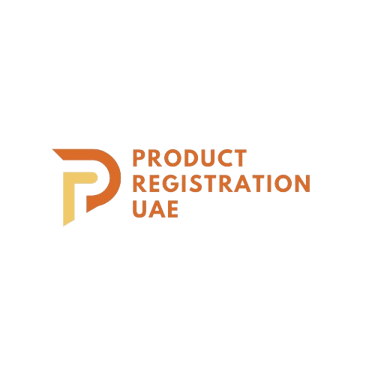Navigate UAE Sugar Excise Tax Tiers to Protect Margins
Reduce risk—use this sugar excise tax guide to align lab results, labels, SKU data, and excise filings for smoother clearance and pricing accuracy.
2/23/20264 min read


UAE Sugar Excise Tax:
Compliance and Margin Strategy for Beverage Companies
Authored by: Product Registration UAE Regulatory Experts
The UAE sugar excise tax has shifted from a flat percentage model to a structure directly linked to sugar content per 100ml.
For beverage manufacturers, importers, and private label owners, this is no longer just a tax update; it is a pricing, formulation, classification, and compliance issue that directly affects margins and market access.
Under the current framework, excise is calculated based on verified sugar concentration tiers.
The higher the sugar per 100ml, the higher the excise exposure per liter.
This means regulatory accuracy now directly impacts cost structure, distributor pricing, and competitive positioning within the UAE market.
This guide explains how the system works in practice, what authorities verify during excise review, what triggers high-tier classification, and how companies can reduce exposure while remaining fully compliant.
How the Sugar Excise Tax Structure Works
The UAE applies a tiered system based on grams of sugar per 100ml.
Beverages are classified into tax bands depending on laboratory-verified sugar content.
Key principles include:
Sugar concentration determines tax tier
Verification must come from accredited laboratory testing
The declared sugar level must match labeling and registration records
Each SKU is assessed individually
Concentrates and syrups are calculated based on dilution logic
Artificially sweetened beverages may still require excise registration even if the applicable rate differs. Misclassification at submission stage can result in reassessment, penalties, or retroactive financial exposure.
For businesses managing large beverage portfolios, even small variances across SKUs can significantly alter total excise liability. A structured review across all product variants is therefore essential.
How Sugar Levels Are Verified During Review
Excise classification is not based on self-declaration alone. Authorities cross-check laboratory reports, labels, ingredient lists, and excise registration data to ensure alignment.
Review typically includes:
Laboratory test report from a recognized or accredited facility
Sugar declaration consistency across Arabic and English labels
Ingredient list alignment with analytical findings
SKU-level registration data consistency
Verification of dilution methodology for concentrates
If sugar values on the label differ from the laboratory report, products may be reclassified into a higher tax tier, flagged during customs inspection, or subject to further documentation requests. Consistency across all submitted documents is critical.
What Triggers Automatic High-Tier Classification
Certain compliance gaps can place a beverage into the highest excise bracket regardless of intended positioning.
Common triggers include:
Missing or invalid laboratory certification
Inconsistent sugar declaration between label and report
Incorrect dilution calculations for concentrates or syrups
Failure to update excise records after formulation changes
Ambiguous ingredient terminology that affects sugar interpretation
Authorities treat incomplete or inconsistent documentation as high risk. In such cases, default classification may not favor the manufacturer, and corrective filings may be required before clearance.
Reformulation and Strategic Tax Reduction
The tiered model creates a measurable incentive for reformulation. Even a reduction of 1–2 grams per 100ml can shift a product into a lower excise band, improving retail pricing flexibility and margin protection.
Before reformulating, companies should assess:
Technical feasibility and taste stability
Label revision implications
Shelf-life and stability validation
Updated laboratory verification
Impact on existing registrations and distributor agreements
Reformulation without synchronized documentation updates can create regulatory conflict.
Every technical adjustment must be reflected across the compliance file, including label artwork, ingredient declaration, excise portal entries, and supporting laboratory data.
ERP, Pricing, and Customs Impact
Because excise is calculated per liter based on sugar content, finance and supply chain systems must be updated accordingly.
Excise accuracy now depends on the quality of data flow between regulatory, finance, and logistics teams.
Operational considerations include:
SKU mapping to correct sugar tier
Per-liter excise calculation logic
Customs documentation consistency
Free zone and mainland distribution alignment
Periodic reconciliation of declared vs imported volumes
Incorrect ERP configuration can result in underpayment or overpayment of excise, exposing businesses to penalties, audits, or margin erosion.
Integrated oversight between regulatory and finance functions reduces this risk.
Pre-Implementation Compliance Roadmap
To protect margins and avoid disruption, beverage companies should follow a structured preparation plan.
Audit All Beverage SKUs
Confirm sugar content per 100ml for every product variant, including powders, concentrates, and ready-to-drink formats.Secure Laboratory Testing
Ensure testing is performed by accredited facilities and documentation is ready before submission or import.Align Label, Formula, and Registration Data
Verify that declared sugar values match analytical results and excise portal entries.Update Excise Records
Ensure that registration data reflects the correct sugar classification for each SKU.Train Regulatory and Finance Teams
Excise compliance now intersects regulatory, pricing, accounting, and logistics functions.
Proactive preparation minimizes last-minute reclassification and prevents shipment delays during enforcement phases.
Who Is Most Affected
The sugar excise structure most directly affects:
Soft drink manufacturers with high-sugar portfolios
Importers distributing flavored beverages and syrups
Private label brand owners relying on third-party factories
Retailers adjusting pricing and stock strategies
Companies that act early — by testing, validating, reformulating, and restructuring documentation — reduce both financial exposure and inspection risk while maintaining brand stability in a competitive retail environment.
How Product Registration UAE Supports Excise Compliance
Our regulatory team supports beverage companies by:
Coordinating laboratory testing and documentation review
Validating label and dossier consistency
Supporting excise registration updates
Advising on reformulation impact and classification strategy
Monitoring regulatory developments affecting beverage taxation
Excise compliance is no longer just a finance function. It is a regulatory control issue tied directly to product data accuracy, classification logic, and documentation discipline.
Recommended Reads to Nail Compliance Before 2026
Food & Beverage Product Registration in the UAE: End-to-End Approval Guide
Arabic Labeling Requirements in the UAE: 2025 Rulebook for FMCG & Beverages
What Authorities Check on Labels in the UAE: Avoid Rejections at Inspection
HS Code Mistakes in the UAE (2025): How Wrong Classification Derails Approvals
Protect Your Margin Before Issues Arise
The UAE sugar excise tax transforms sugar content into a measurable compliance and pricing variable.
Businesses that manage sugar verification, labeling alignment, excise registration accuracy, and internal system integration proactively will maintain market stability and avoid unnecessary financial exposure.
If you need structured support with excise classification, laboratory validation, reformulation assessment, or regulatory alignment, contact Product Registration UAE or use the chatbot for tailored guidance.


